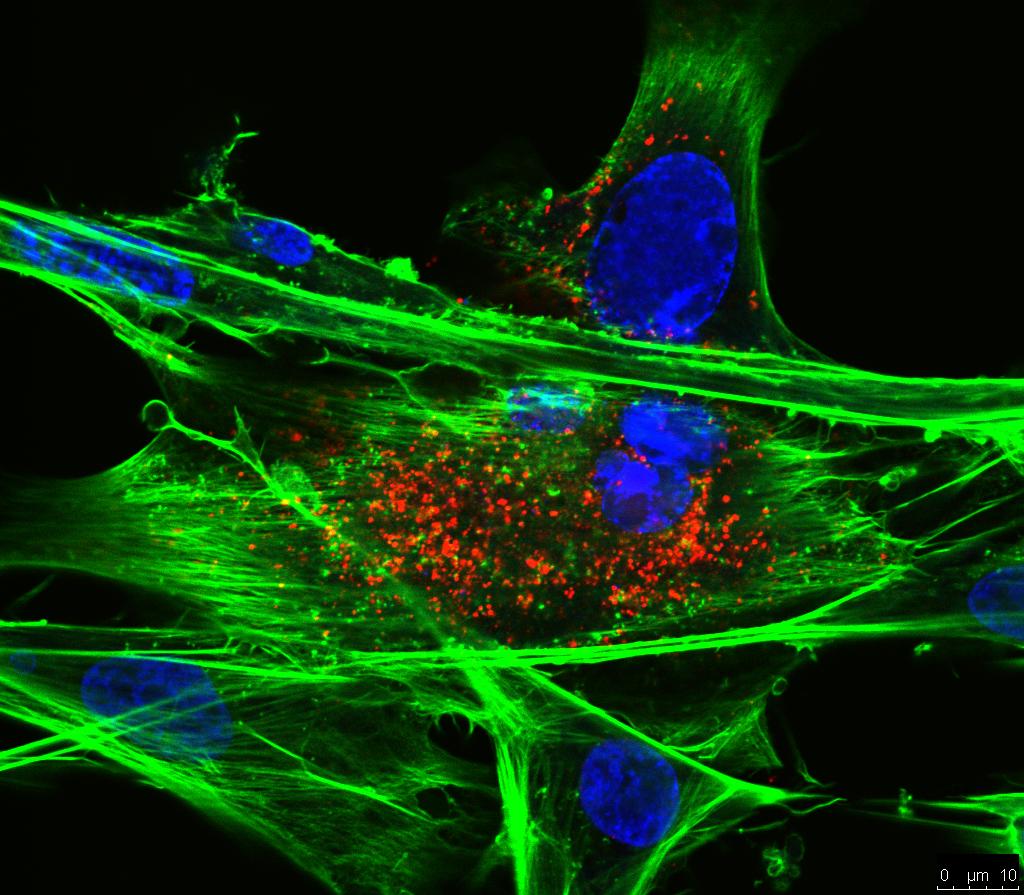Inhibition of v-rel-Induced oncogenesis through microRNA targeting
Several studies have shown that microRNA-targeting is an effective strategy for the selective control of tissue-tropism and pathogenesis of both DNA and RNA viruses. However, the exploitation of microRNA-targeting for the inhibition of transformation by oncogenic viruses has not been studied. The v-rel oncoprotein encoded by reticuloendotheliosis virus T strain (Rev-T) is a member of the rel/NF-κB family of transcription factors capable of transforming primary chicken spleen and bone marrow cells. Here, by engineering the target sequence of endogenous microRNA miR-142 downstream of the v-rel gene in a Replication-Competent ALV (avian leukosis virus) long terminal repeat (LTR) with a splice acceptor (RCAS) vector and using a v-rel-induced transformation model of chicken embryonic splenocyte cultures, we show that hematopoietic-specific miR-142 can inhibit the v-rel-induced transformation, and that this inhibition effect is due to the silencing of v-rel expression. The data supports the idea that microRNA-targeting can be used to inhibit viral oncogene-induced oncogenesis.

